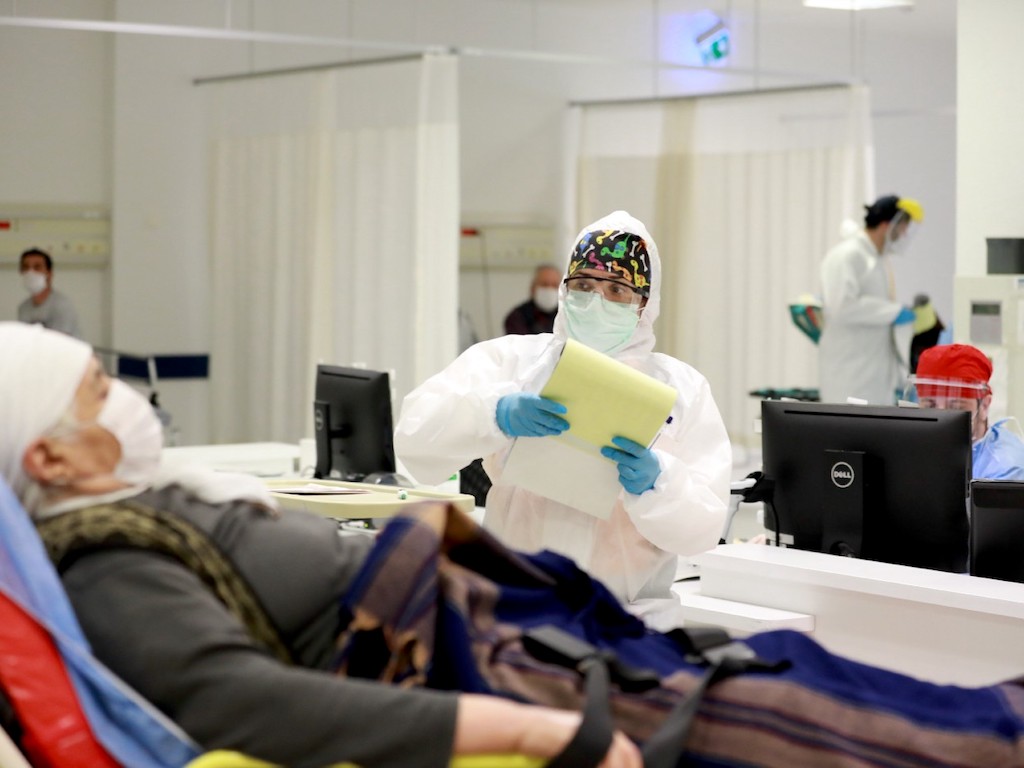2 Mins Read
The World Health Organisation (WHO) has just acknowledged that there is a risk of airborne spread of the coronavirus, after a group of scientists signed a joint letter urging the agency to update its guidance on routes of transmission of the disease. The scientists say that it is vital for the WHO and other health authorities to recognise the risk of airborne transmission so that guidelines can reflect appropriate precautions to curb its spread.
On Tuesday (July 7), the organisation recognised the “emerging evidence” available of the airborne transmission of the coronavirus in response to mounting criticism from scientists who say that updates to guidelines must be made in light of the new data.
Speaking at a press briefing in Geneva, WHO expert Dr. Benedetta Allegranzi said that the agency will be releasing a scientific report on the different modes of transmission in the next few days. Dr. Maria Van Kerkhove, the technical lead on Covid-19, added that the WHO is engaging with the group of scientists who wrote the letter on airborne transmission.
Earlier this week, 239 scientists signed a joint letter saying that smaller droplets of tiny viral particles, known as aerosols, can linger in the air after people speak, breathe or sing. This can be another mode of transmission of Covid-19, and is currently underplayed in the WHO’s official guidelines, which states that the disease is spread mostly through respiratory droplets, usually from coughs and sneezes.
According to the scientists, preventing smaller particles from spreading the virus will require ventilating indoor spaces and buildings, and avoiding overcrowding. It also means that current recommendations of standing 6 feet away from other people, especially in poorly ventilated enclosed places, may not be safe.
“Hand-washing and social distancing are appropriate, but, in our view, insufficient to provide protection from virus-carrying respiratory microdroplets released into the air by infected people,” stated the letter.
The scientists added that this evidence is particularly important now, given that many economies are beginning to reopen from lockdown and more people are returning to workplaces, restaurants and bars.
If the scientists’ evidence is confirmed by the WHO, global guidelines and recommendations by local health authorities will have to change. In addition to widespread mask-wearing, rigorous social distancing will have to be practiced, especially in restaurants, public transport, bars and offices.
Read our earlier news coverage of Covid-19 here.
Lead image courtesy of Aytug Can Sencar / Anadolu Agency / Getty Images.




